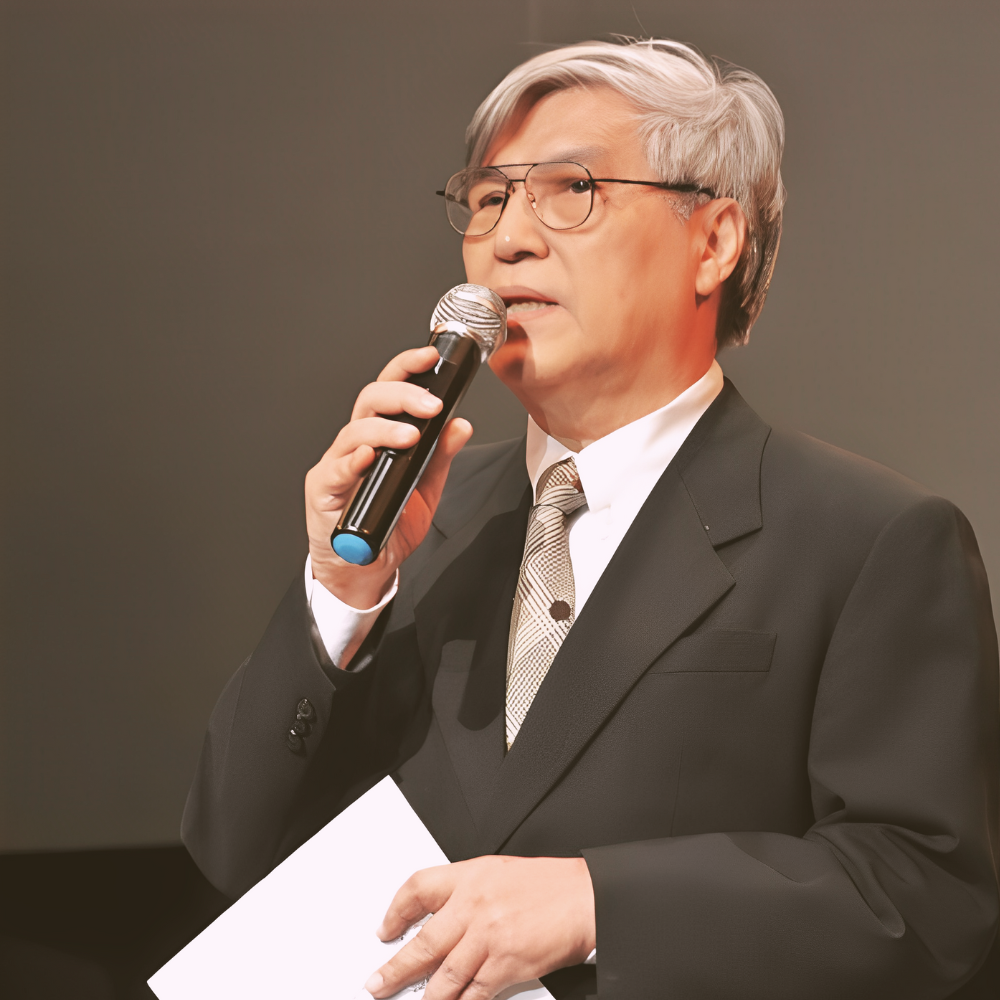Chatthip was educated in Bangkok, studied for a B.A. In political science at Chulalongkorn University, and then went to Tufts University where he completed his doctorate in 1968 with a dissertation on “Foreign Trade, Foreign Finance and Economic Development of Thailand, 1959-1965”. He returned to take up a teaching post in the economics faculty at Chulalongkorn University.
Since the early 1970s, Chatthip's influence on Thai social science has been remarkable for its breath and its depth. He has written at lease three books which are among the most read, reference, and quoted in the past generation of Thai social science research. He is one of very few Thai academics whose name and work is well known outside the country.
He was chosen by the National Research Council as the most outstanding researcher of the year for 1983. He has been awarded the prestigious title of senior research scholar. He has been selected among a small group of modern Thai thinkers for critical review in a project of the Thailand Research Fund.
That much is simply the career pattern of a good university professor. But Chatthip's influence stretches beyond the university and outside the bound of academe. Although he is based in the Faculty of Economics, followers and collaborators are scattered through the Faculty of History, Literature, Philosophy, Anthropology, Political Science, and Linguistics. Although his career has been based in Chulalongkorn University, he has a dense network of colleagues through the provincial campuses, the teachers' colleges, secondary schools, and NGO workers all over the country. On the Tai project, he has built a network which stretches across India, Laos, Vietnam, and China.
One of Chatthip's academic ambitions has been to construct “a theory of social for Thai society”. According to Chattip, there must be a new explanation of social phenomena which is distinctively Thai, based on a distinctly Thai theoretical approach to social science.
From - “The Thai Village Economy in the Past”. By Chattip Nartsupha. English Translation by Chris Baker and Pasuk Phongpaichit. Chiang Mai: Silkworm Books, 1999. p.115-116
Chatthip Nartsupha's fieldwork materials are consist of 144 sound recordings. These records are sound of interviewing people in rural area across 4 regions of Thailand from 1979 to 1983. They are 41 records from central Thailand, 20 records from northern Thailand, 48 records from northeastern Thailand, and 35 records from southern Thailand. The methodological approach he used in gathering data is "oral history". Chatthip travelled to numerous villages, seeking out knowledgeable village elders for their perspectives on past and present.


